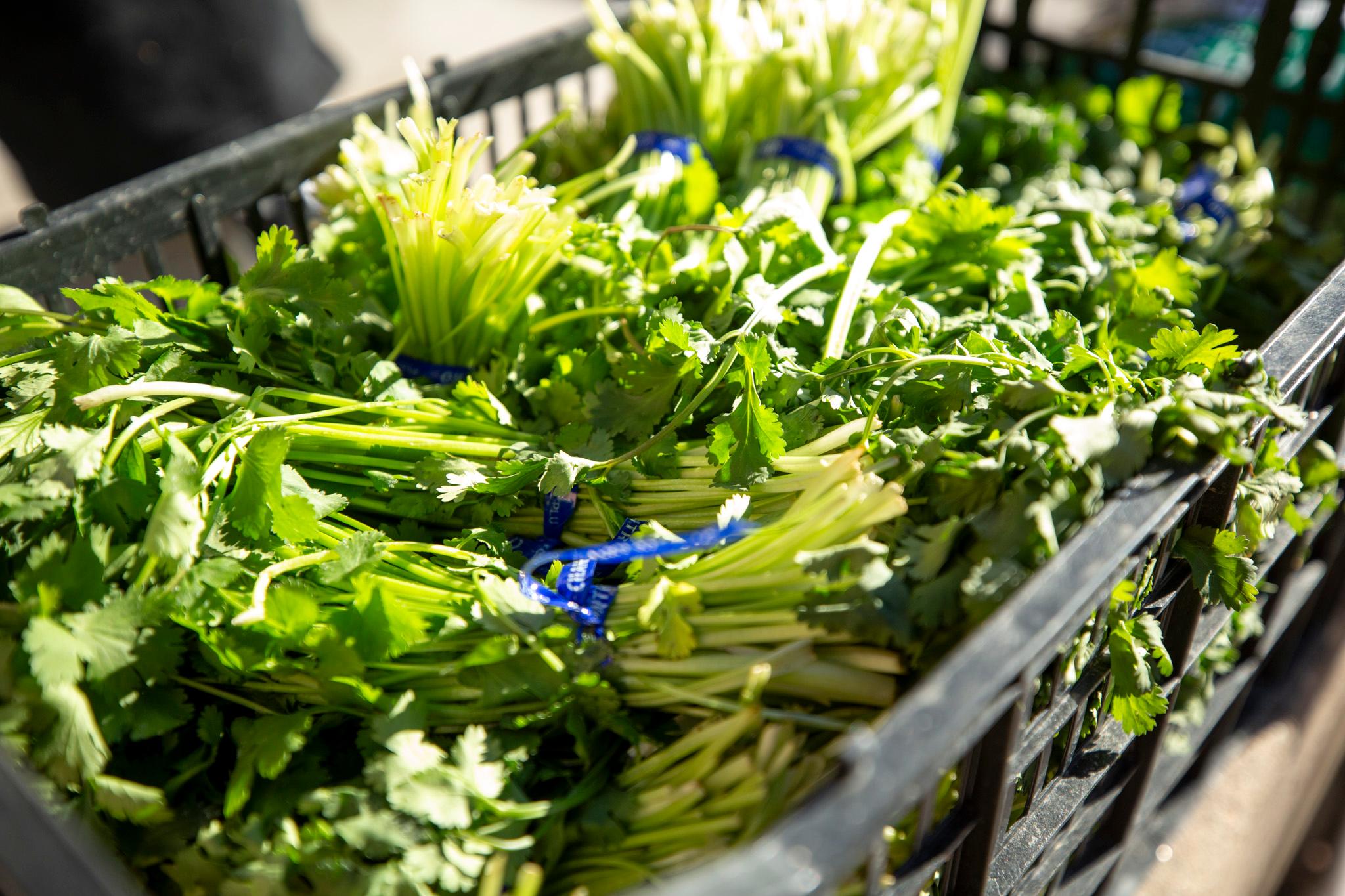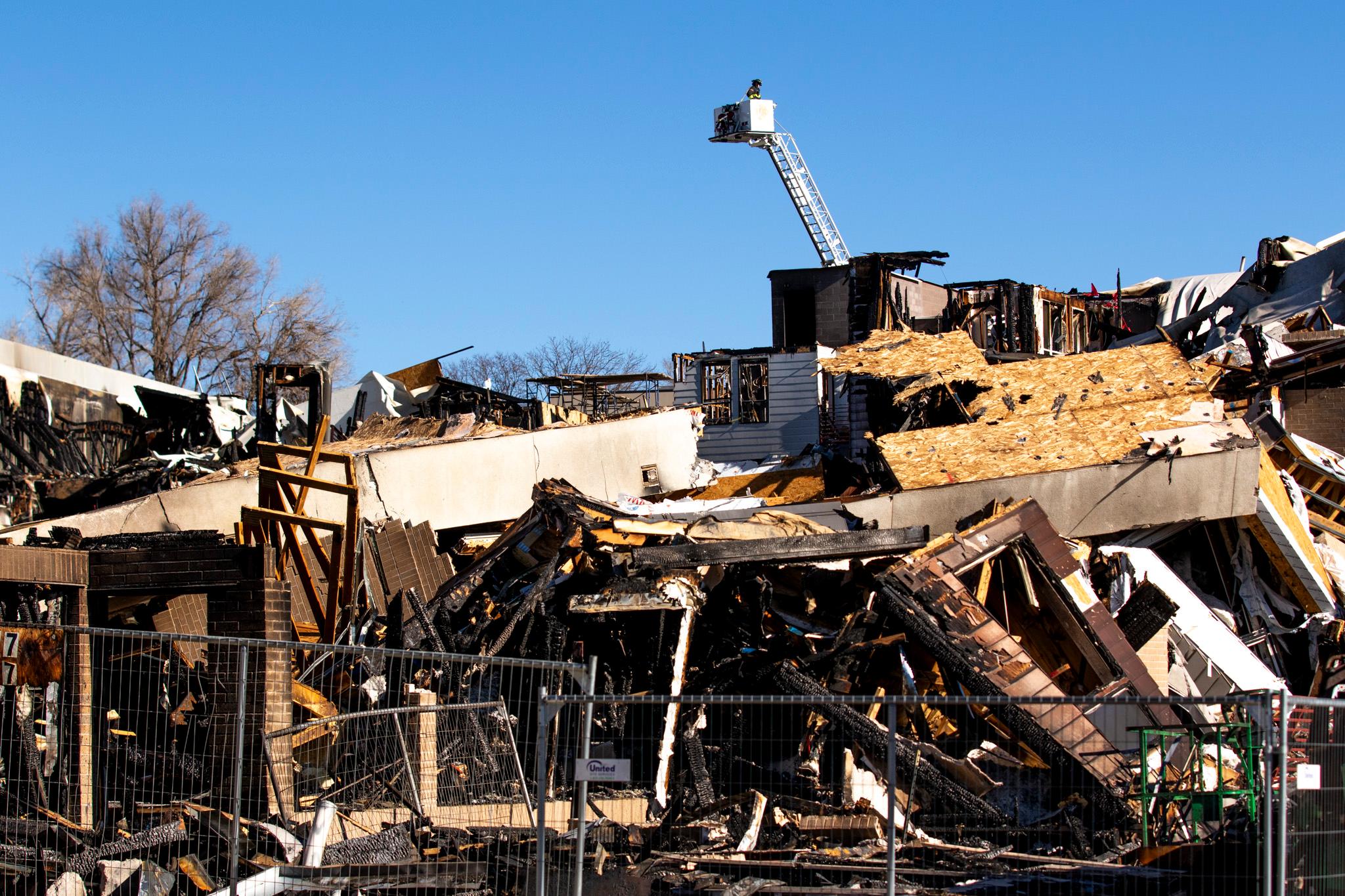Of four low-performing Denver schools that were facing possible closure under a new district policy, the school with the lowest average school rating and the poorest academic growth scores was ultimately spared being recommended for closure.
West Early College, a high school on the West High campus, scored the requisite number of points on a comprehensive school quality review conducted last month, thereby knocking it out of the running for a school closure recommendation.
Denver Public Schools is recommending that the other three schools be either closed or restarted, meaning the existing school would be closed and replaced with a new one. The school board is expected to vote on the recommendations Thursday.
That district staff is recommending West Early College be saved shows the district is strictly adhering to the three criteria for its new policy, called the School Performance Compact. The policy outlines when the district should close or restart struggling schools. It was adopted by the school board last year and put into effect for the first time this fall.
“We as staff felt like we did not have any judgment,” said Maya Lagana, director of strategic support and accountability for DPS’s Portfolio Management Team, which assesses how schools are performing. “We had to follow the three criteria as stated.”
For a school to be recommended under the policy for closure or restart, it must:
- Rank in the bottom 5 percent of schools based on multiple years of school ratings;
- Fail to show an adequate amount of growth on the most recent state tests;
- Score fewer than 25 out of 40 points on a school quality review.
School quality reviews were conducted at the four schools that met the first two criteria to determine whether, despite their low scores, the schools are on the right track. A team of DPS employees and representatives from a Massachusetts-based consulting company called SchoolWorks visited each school and rated it on a scale of 1 to 4 in 10 different categories.
West Early College scored 25 points on its review, the minimum required. However, it also didn’t receive any “1”s, which triggers a closure recommendation under the policy.
The other three schools scored fewer than 25 points, as well as at least one “1.”
But West Early College fared worse under the first two criteria than the other three schools — Amesse Elementary, Gilpin Montessori and Greenlee Elementary.
Under the first criteria, West Early College earned an average of 24 percent of total points on its three most recent school ratings. The other schools did better: Amesse earned an average of 31 percent, Gilpin earned an average of 27 percent and Greenlee earned an average of 30 percent, according to a presentation given to the school board Monday.
The same was true for the second criteria. West Early College earned just 19 percent of points allotted by the district’s school rating system for student academic growth on the most recent state tests. That’s far below the threshold of 50 percent the criteria requires.
Meanwhile, Amesse earned 40 percent of points for student academic growth, Gilpin earned 22 percent and Greenlee earned 49 percent, just barely missing the mark.
At a school board work session Monday, board member Lisa Flores said it was striking that West Early College wasn’t receiving a recommendation under the policy and called the school’s low academic growth score “challenging.”
But Flores, who represents the western part of the city where West Early College is located, said Wednesday she has confidence in the school’s principal, Ana Mendoza. Flores said she believes the school has made some big changes to improve student performance, including putting an emphasis on reading and math interventions for struggling students.
Mendoza and her supervisor, Instructional Superintendent Suzanne Morris-Sherer, declined requests to comment Wednesday for this story.
“The strategies she’s utilizing are very aggressive and there is a sense of urgency,” Flores said of Mendoza. “Unfortunately, you’re not seeing that yet in the growth.”
The school’s review noted that two-thirds of the classrooms visited were “conducive to learning.” The review team praised teachers for attending to students’ social and emotional needs.
“In one visited classroom, the teacher was heard asking a student, ‘Are you having a rough day?’” the review says. “In another classroom, site visit team members observed that a teacher recognized that a student had been absent for multiple days and provided additional guidance around the learning activity so that the student could meaningfully participate in the lesson.”
Lagana, of the DPS Portfolio Management Team, said the district is planning to review how the policy was carried out this first year. That will start with stakeholder meetings in January, she said, partly with the aim of assessing whether the three criteria are the right ones.
“We’re committed to making sure we’re getting it right,” she said.
Read West Early College’s full school quality review below.
Chalkbeat is a nonprofit news site covering educational change in public schools.












